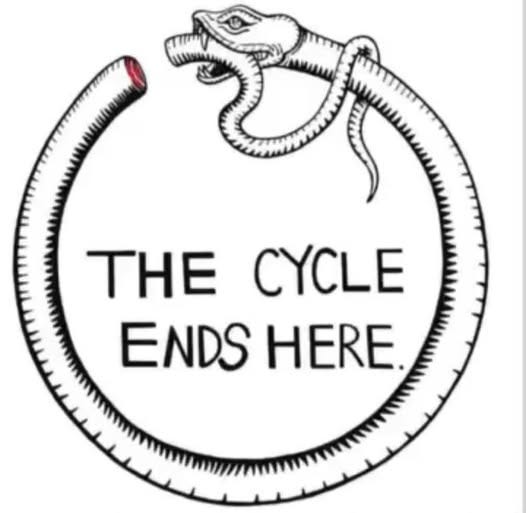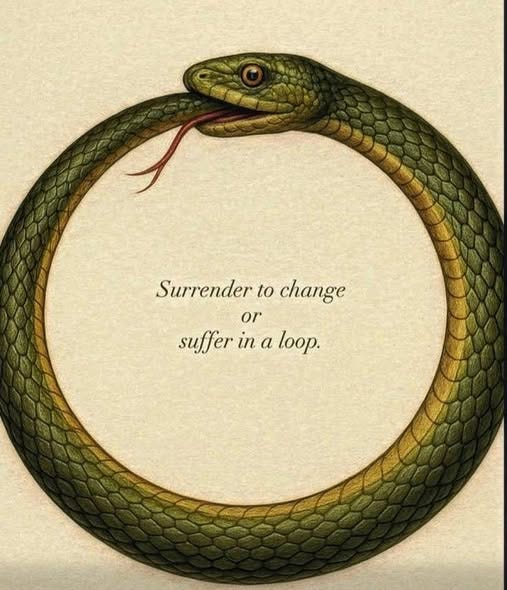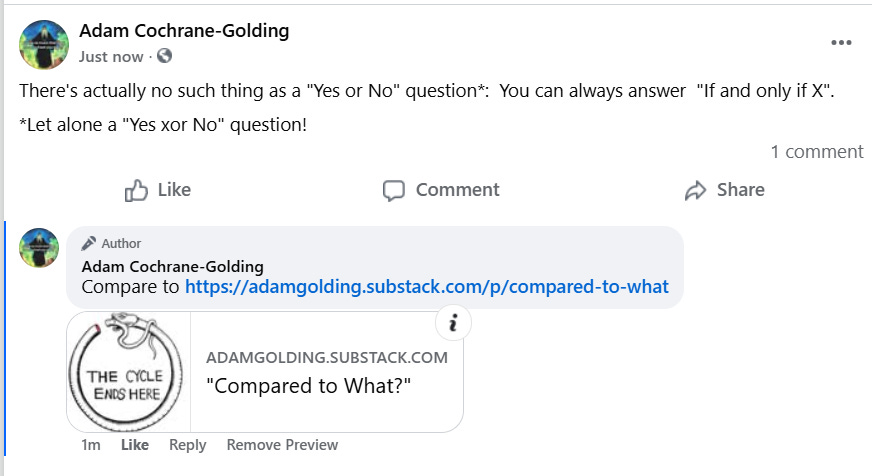"Compared to What?"
Always ask this...
You can almost always ask "Compared to what?" Try mentally asking "Compared to what?" in response to any of these classically paradoxical statements:
SORITES PARADOX: "That man is bald!"
COLOR CONSTANCY: "The grass is green"
EPISTEMOLOGY: "I know this for a fact."
RUSSELL'S PARADOX: "Nonautological’s nonautological."
FREEDOM: "I am free to do as I please without government interference"
THEISM: "God literally exists"
MEINONG: "Round squares subsist."
POLITICS: "America is a Democracy."
GENDER: “She’s a woman.”
[PACIFISM: “Violence is bad”
NIHILISM: “Life is meaningless.”
RIGOR: “This proof is rigorous?”
IDENTITY: “These two things are identical.”]
If, in response to our follow-up questions, we are told "in comparison to nothing in particular" we would have a legitimate issue with our interlocutor.
The common paradox is what I will call, for all time, THE PARADOX OF ABSOLUTISM -- the paradox is a performative one in that it imposes an unreasonable demand on the interlocutor: tacitly accept an absolute statement or deny it, thereby asserting the opposite, which is also an absolute statement, such as "That man is not bald!", as opposed to introducing a comparison, to calibrate.
In terms more akin to 'operational semantics' in Computer Science or "Meaning is Use" in Wittgenstein, this results in a potentially infinite loop, as all paradoxes do, akin to the cycles that Chung & Duggan prove arise in what they call "Myopic Discussion" (2020). (The revision theory of truth captures this looping but not how to break out.)
If you went to court and the result was an endless series of one court court case after another, in a Kafkaesque infinite regression of justice, there would be indeed a miscarriage of justice, as there is when claims which appear absolute on the surface result in an interminable tennis match instead of calibration.
We've all seen it happen online, so the next time someone says "Men are trash!" feel free to ask: "Compared to women or compared to your father?" and short-circuit the meaningless loop of uncalibrated claims that don't mean anything other than to serve as a volleyball.
In the case of color constancy, what many may not know is that wavelengths of LED light do not have a color: any wavelength can be made to look like any color by manipulating the surrounding colors. So the grass may be green compared to the sky, but “the grass is green” is not an absolute truth, so there is no absolute truth to decide via a deliberative back-and-forth which halts properly rather than in frustration.
In the case of epistemology I've often remarked how shameful it is that it took so long for epistemic contextualism to be a live position in philosophy, but we have to go one step further and wed epistemic contextualism to decision theory: the context that decides the relevant standard of evidence for 'knowledge' consists, in 'signal detection theory' terms, in the relative chances of hits, misses, false positives and false negatives, and the expected utilities of each. Sometimes the price of being wrong is so high that the standard of knowledge should be set very high, sometimes it's the reverse. Without clarifying the stakes, and thereby calibrating the question in decision-theoretic terms, there is once again nothing for the iterated process to converge on resulting in infinitude and frustration.
(I've also remarked that we should adopt a 'decision-theoretic razor', akin to Occam's razor or the filters of the logical positivists, in that we must remove from the debate all steps that bear in no way on any actual or theoretical decision or class of decisions. This can also be seen as a kind of moral particularism.)
The theism question is one where the standard of evidence clearly varies wildly and so it should: in some contexts betting on God's existence is far riskier than in others, and thus the same person may be both an Atheist and an Agnostic AND a Theist if they make different bets in different situations.
And, as suggested above, God's very existence, or the idea of it, is comparative, or rather, is only meaningful in a comparative sense, for which is more real: a logically impossible set of perfections which serves as a moral asymptote, or a round square which serves as inspiration to creative thinkers everywhere?
The truth is that to say all gods are equally unreal, the usual atheist position, is to say that all gods are equally real, a kind of mass polytheism that surpasses all historical polytheisms just as Fregean metaphysics surpasses the Platonic. (But lacks a space for the Meinongian stuff like round squares which 'don't exist', compared to ‘Fregean stuff’ like round circles.)
There is no sense to debate which god or shape exists absolutely; existence is not univocal because existence is relative.
Freedom and Russell I discussed in earlier articles:
More next time on "IS AMERICA A DEMOCRACY?"
[PS I forgot to mention default logic in today's article
this is a less semantic treatment than https://www.facebook.com/adamgolding/posts/10103673059152092
I also left out Lipton's 'contrastive explanation'
This approach owes much to:
]
PS I also just remarked:
]





See also: https://adamgolding.substack.com/p/the-paradox-of-proof